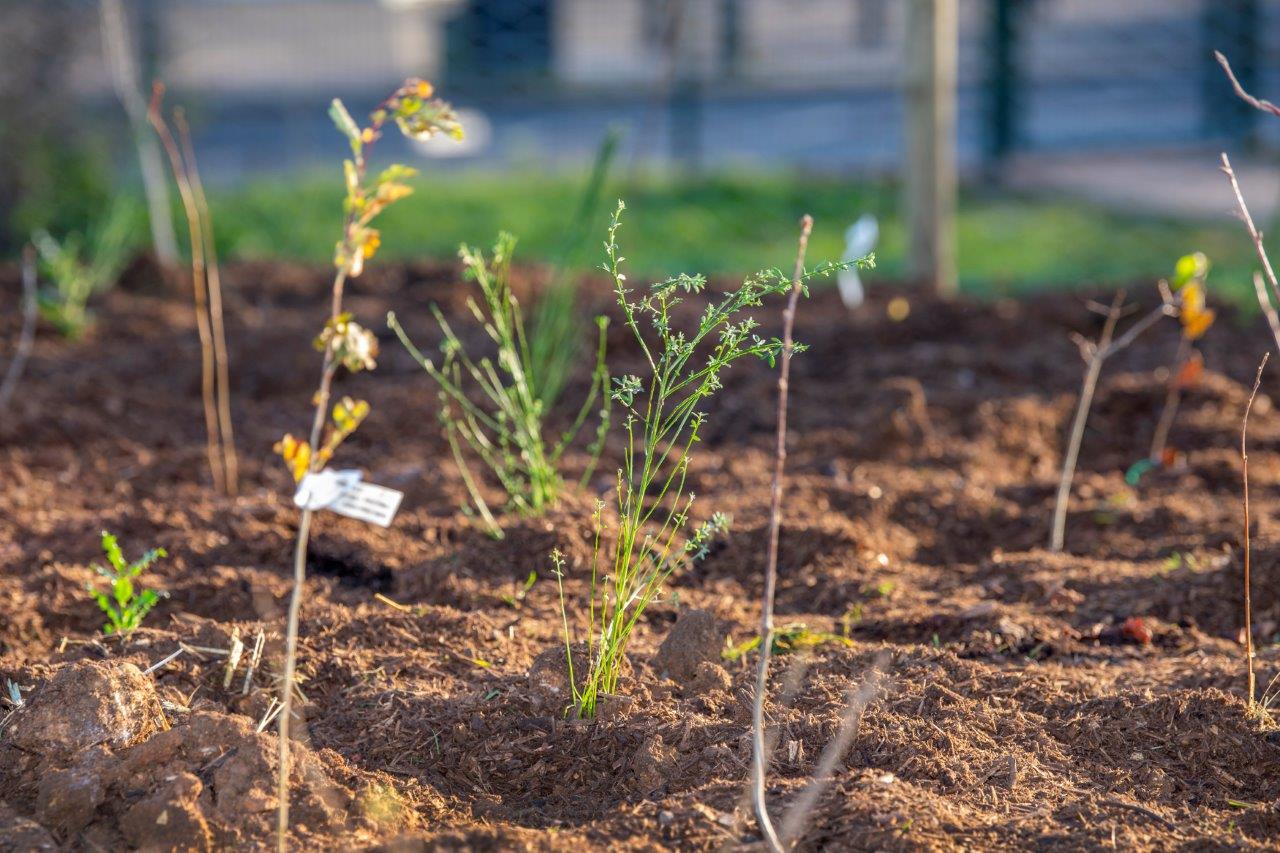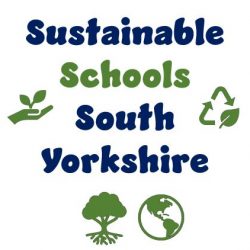Bridget Bircumshaw is a teaching and quality lead at Chesterfield College. We spoke to her about how they are embedding green skills into the curriculum at every level.
Can you give some background on your college?
We have about 6,000 students, mainly 16 to 18 year olds, plus 1,800 apprentices, 300 higher education students, 300 for adult provision and 560 members of staff.
What’s your role and what responsibilities do you have for climate change and sustainability?
I am a teaching and learning quality lead across the whole college, looking at quality improvement and assurance. I am also a teacher trainer. It’s my role to really drive green skills. It was something we wanted to bring in for development but it didn’t initially fit under my job description. It does now.
When Covid hit we had to get online really quickly, and we realised that as a sustainable educational system, digital enterprise was something that we needed to look at. So that was almost the seed that started where we were going to go.
Why is sustainability important to you and your college?
We don’t call it sustainability, we call it green skills. Further education is all about skills. Sustainability tends to be thought of as about recycling and litter, and it can prevent people thinking about the wider picture. So we’ve rebranded it as green skills, and that’s what goes into our curriculum. It’s what we talk to employers about when we work with them on the curriculum and how our students develop their wider skills.
Have you had any training around sustainability or climate education?
I have just completed the NCFE level 2 climate change awareness and sustainability qualification. I have done the Education & Training Foundation’s mentor training for green skills, and I’ve been on the EAUC and FRESK training.
What activities have you undertaken at your college?
The first thing we did was set up a panel including people from across the college, from the CEO down. We meet regularly to work out how we’re going to follow the DfE road map.
Then we turned one of our regular inset days into a sustainability day where staff and students all came in and learned from each other. We based it on the UNESCO seventeen global goals and we linked each of the goals to an area. By the end of the day everyone had an awareness of what climate justice is about. The following year we focused on wellbeing and life skills through the green skills lens. Our third year will concentrate on personal development and volunteering to support self and communities.
In our curriculum, we have added green skills as one of the key pieces of the jigsaw. Childcare students learn about forest schools, and as part of that they made a hedgehog-friendly campus. When they did their placements, they took that learning to their nurseries or education centres. Our plumbing students did grey water harvesting, building a tank which collected rainwater that can be used to flush toilets.
Green skills are no longer something that stands outside the curriculum, it’s embedded throughout our curriculum. And it trickles down throughout the college. In hairdressing and beauty, we look at the products that we use. In catering, they only buy from a 20-mile radius now, cutting down on transport costs.
What barriers have you faced?
For staff, it’s time. ‘How am I going to do this? I haven’t got the skills to do that. I’m a brickie. I’m a hairdresser.’ We had to simplify it, strip it right back. It’s awareness you need, you don’t need a master’s degree in it.
Our tutors are vocational specialists. Instead of observing and grading them, we’re giving them back their professionalism — saying, ‘You are the professional in this area, so show us what you want to do in a practical way. How will this support our learners?’
Working with employers and having their input into developing our curricula is highly important. Green skills are needed in so many different sectors. Students want to hear it from the horse’s mouth before you teach it to them.
Do you think what you’ve done could be replicated in other FE institutions?
It is successful at our college because everybody from the board down has bought into it. It is a strategic strand. When attending events with other FE institutions, I notice that there are often hubs of people doing things but they haven’t got that whole organisational buy-in. So they’re always battling against it because although it’s a good idea, it’s seen as an add-on.
In the colleges where it is working, they all have very high-up buy-in. It’s brought up all the time at board meetings. It’s more and more important. From next year, we’ll need to show data showing that we are decarbonising the curriculum and the impact this has on teaching and learning assessment for our learners’ skills development and progression.
At our college, we want green skills to be the social purpose for our learners. We want them to have that added value to what they do in life, so they’re able to support themselves and give something back to their communities. We want our students to embrace change through green skills and personal development, not as a burden but as an opportunity to grow and innovate, honing their skills to match jobs out there that are just waiting to be invented.

